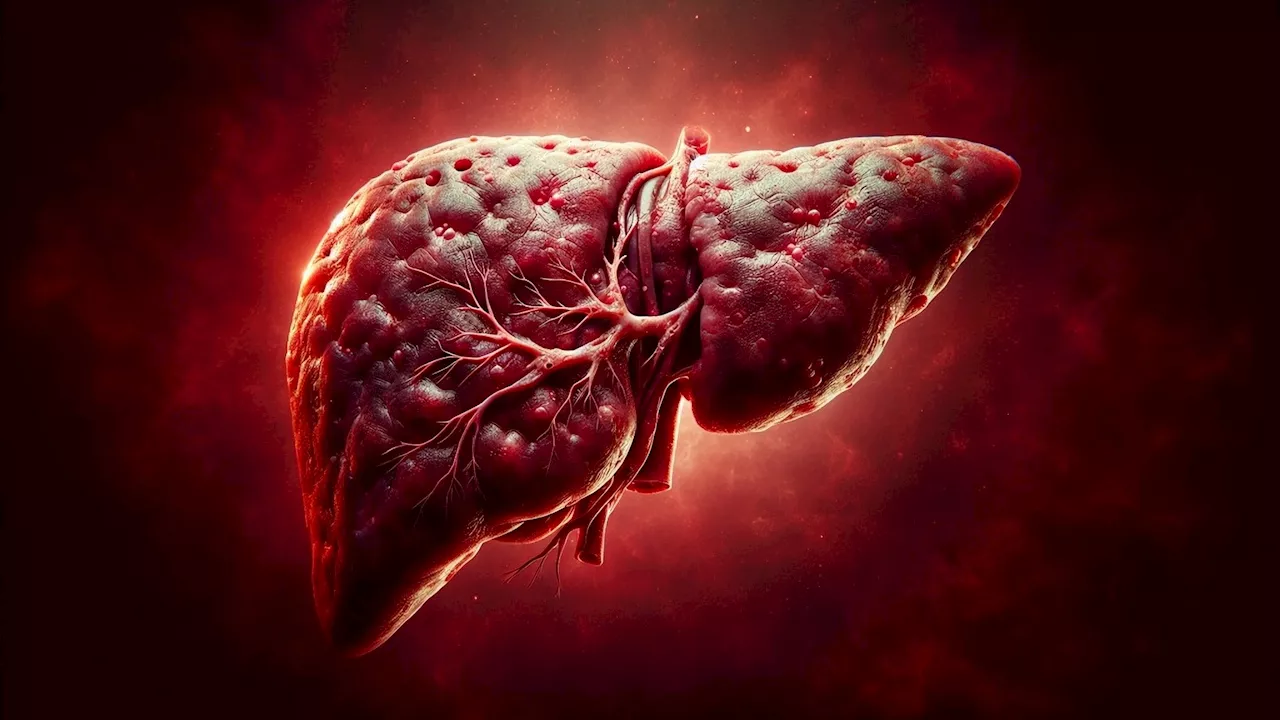Researchers examine the liver toxicity of low levels of PM2.5 exposure.
By Dr. Liji Thomas, MDReviewed by Benedette Cuffari, M.Sc.Feb 5 2025 A new study reveals that even low-dose, chronic exposure to air pollution can trigger liver inflammation, fibrosis, and metabolic disruptions, increasing the risk of fatty liver disease and other hepatic disorders.
Fine particulate matter less than 2.5 micrometers in size, which is otherwise referred to as PM2.5, is an air pollutant typically produced from combustion sources like vehicles and power plants. Exposure to PM2.5 can lead to oxidative stress, macrophage activation, and inflammatory cytokine release, all of which are implicated in DNA damage and acute liver injury.
Changes in exposed mice With no change in body weight, liver weight in exposed mice was reduced at four weeks, increased at eight weeks, and ultimately returned to baseline levels at 12 weeks. These observations suggest that exposure to air pollution may induce acute liver injury, followed by regeneration and fat accumulation.
The livers of mice exposed to PM2.5 became more metabolically active and, as a result, processed fat molecules at a faster rate. PM2.5 exposure also led to increased concentrations of both triglycerides and diacylglycerols.
Air Pollution Carcinoma Collagen Cytokine Cytokines DNA DNA Damage Enzyme Fatty Liver Fibrosis Hepatocellular Carcinoma Inflammation Liver Disease Macrophage Mortality Neutrophils Oxidative Stress Pollution Protein Respiratory Stress Transcription
United Kingdom Latest News, United Kingdom Headlines
Similar News:You can also read news stories similar to this one that we have collected from other news sources.
 Oxford researchers call for framework to study AI's impact on youth mental healthA new peer-reviewed paper from experts at the Oxford Internet Institute, University of Oxford, highlights the need for a clear framework when it comes to AI research, given the rapid adoption of artificial intelligence by children and adolescents using digital devices to access the internet and social media.
Oxford researchers call for framework to study AI's impact on youth mental healthA new peer-reviewed paper from experts at the Oxford Internet Institute, University of Oxford, highlights the need for a clear framework when it comes to AI research, given the rapid adoption of artificial intelligence by children and adolescents using digital devices to access the internet and social media.
Read more »
 Researchers study 'complex' sand dune changes in CornwallResearchers find some dune systems are significantly retreating, with other growing at a similar rate.
Researchers study 'complex' sand dune changes in CornwallResearchers find some dune systems are significantly retreating, with other growing at a similar rate.
Read more »
 Researchers Develop Human Marrow-on-a-Chip to Study Immune System and Treat DiseasesScientists at the University of Pennsylvania, Perelman School of Medicine, and Children's Hospital of Philadelphia have created a groundbreaking 'bone marrow-on-a-chip' that mimics the natural environment of human bone marrow. This innovative platform allows researchers to study the complexities of blood cell production, disease effects, and potential treatments in a controlled and human-relevant setting.
Researchers Develop Human Marrow-on-a-Chip to Study Immune System and Treat DiseasesScientists at the University of Pennsylvania, Perelman School of Medicine, and Children's Hospital of Philadelphia have created a groundbreaking 'bone marrow-on-a-chip' that mimics the natural environment of human bone marrow. This innovative platform allows researchers to study the complexities of blood cell production, disease effects, and potential treatments in a controlled and human-relevant setting.
Read more »
 Study links PTSD and anxiety to lower ovarian reserve in women firefightersA new study led by University of Arizona Mel and Enid Zuckerman College of Public Health researchers in collaboration with fire service partners and other researchers around the country through the Fire Fighter Cancer Cohort Study showed that post-traumatic stress disorder and anxiety are associated with lower levels of anti-Müllerian hormone, a...
Study links PTSD and anxiety to lower ovarian reserve in women firefightersA new study led by University of Arizona Mel and Enid Zuckerman College of Public Health researchers in collaboration with fire service partners and other researchers around the country through the Fire Fighter Cancer Cohort Study showed that post-traumatic stress disorder and anxiety are associated with lower levels of anti-Müllerian hormone, a...
Read more »
 Microplastics Found in Increased Amounts in Human BrainsA new study published in Nature Medicine reveals a dramatic surge in microplastics in recent human brain samples compared to those collected just eight years ago. Researchers analyzed 24 brains from individuals who died within months of January 2024 and compared them to 28 brains collected in 2016, observing a 50% increase in micro- and nanoplastics. The study also found significantly higher concentrations in brains of individuals diagnosed with dementia before death. While researchers caution against assuming a causal link between microplastics and diseases like dementia, the findings raise concerning questions about the potential impact of plastic pollution on human health.
Microplastics Found in Increased Amounts in Human BrainsA new study published in Nature Medicine reveals a dramatic surge in microplastics in recent human brain samples compared to those collected just eight years ago. Researchers analyzed 24 brains from individuals who died within months of January 2024 and compared them to 28 brains collected in 2016, observing a 50% increase in micro- and nanoplastics. The study also found significantly higher concentrations in brains of individuals diagnosed with dementia before death. While researchers caution against assuming a causal link between microplastics and diseases like dementia, the findings raise concerning questions about the potential impact of plastic pollution on human health.
Read more »
 Mediterranean diet's links to improved memory and reduced dementia risk wow researchersScots are partial to tucking into food from countries like Spain, France, and Italy, but they might not know that it could be giving them a huge brain boost.
Mediterranean diet's links to improved memory and reduced dementia risk wow researchersScots are partial to tucking into food from countries like Spain, France, and Italy, but they might not know that it could be giving them a huge brain boost.
Read more »
